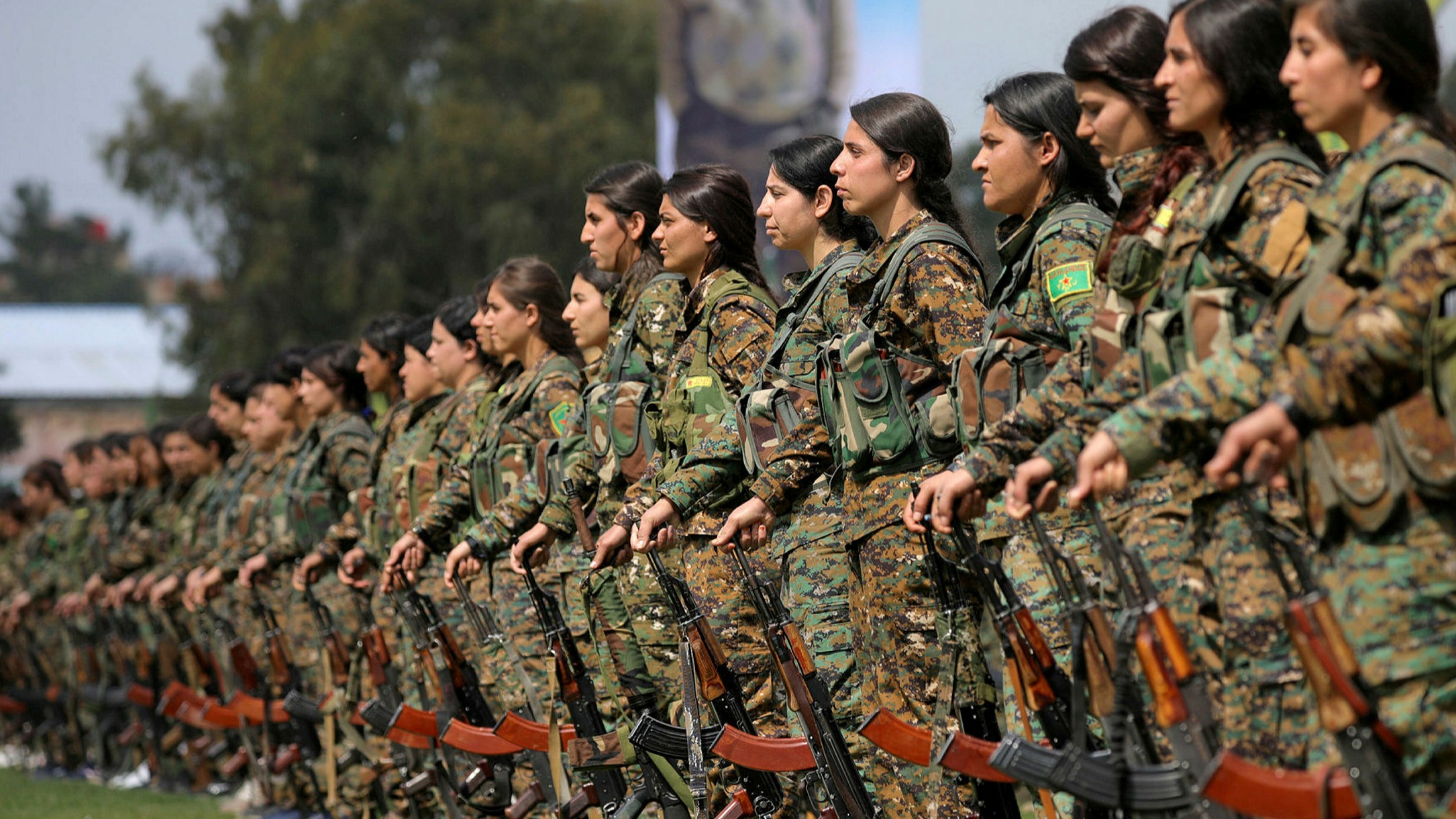Iraq’s government accused Turkey of carrying out an artillery strike that killed 9 civilians in the town of Zakho in Iraqi Kurdistan late last month, and although Turkish authorities have denied the accusation, there are few other actors in the area who could have been responsible for the attack. Turkey has been waging a campaign in northern Iraq for years against the Kurdish PKK, which it considers a terrorist organization, inciting anger and resentment from local communities. Yet this anger has reached a new level after the Zakho strike, with anti-Turkey protests taking place as far away as Baghdad, Najaf, and Basra, where some of the victims of the strike originally hailed from. All of this has taken place on the eve of Turkey’s planned offensive in northern Syria against the YPG and SDF, which has also inspired protests against Turkey in its zones of occupation in the country.
These protests and various other developments are indicative of a long-simmering distaste for Turkey’s regional aggression, and make it clear that civil anger toward its military actions may finally be reaching a breaking point. Although a widescale revolt against Turkish military activity in the broader Middle East is unlikely, the tide is indeed slowly beginning to turn, and the near-impunity Turkey has been operating with so far may be drawing to a close.
According to a Pew Research Center poll conducted across the Middle East in 2017, Turkish President Recep Tayyip Erdogan received mixed reviews across various countries in the region, and Turkey was viewed as having become a more important regional player. Since then, Turkey’s controversial military activities in Syria and Iraq have only grown, and judging by recent events, regional polarization regarding these operations has only become more intense.
In Iraq, the reaction to Turkey’s strike has taken on significance for factions across the country’s political spectrum, and has inspired strong reactions in communities far from Turkey’s zones of operation in the north of the Kurdistan Regional Government (KRG). From flag burnings to angry crowds in front of Turkish consulates, a broader swath of the Iraqi population took to the streets than has been the case after previous attacks of this sort. On top of these civil protests, Iraqi leaders, including Shi’i political leader Muqtada al-Sadr, made demands for Turkish accountability, and Iraq’s National Security Council reiterated calls for the total withdrawal of Turkish forces from northern Iraq. Iran-aligned militias in Iraq launched rocket barrages against the Turkish consulate in Mosul as well.
As Turkey continues to make preparations and engage in back door negotiations ahead of its announced offensive against Kurdish groups in northern Syria, it also stands accused of assassinating a commander in the Kurdish-dominated, US-backed Syrian Democratic Forces (SDF) in the region, putting yet more strains on the US-Turkish relationship. American Secretary of State Antony Blinken has made it clear that the US would “oppose” another Turkish offensive, as would Iran, which is aligned with the Syrian government. Russia, which has largely controlled the skies over Syria since 2015, would need to give Turkey its blessing for such an operation to avoid needless complications — and although Turkey is trying to position itself as a mediator in the ongoing war in Ukraine, it’s relationship with Russia has remained thorny due to the two countries’ competing goals in Syria, Turkey’s membership in NATO, and having supported opposing sides in 2020’s war between Armenia and Azerbaijan.
While global hegemons like the US and Russia and regional powers like Iran, Saudi Arabia, and Israel have traditionally been the subjects of narratives about military overreach, Turkey may be beginning to join this club. Not only has its meddling in Iraq and Syria inspired distrust and resentment from locals, but it has undermined key allies and in some cases its own policy objectives. While Turkey is hostile to many groups seeking autonomy for Kurdish communities, the KRG that has existed in northern Iraq since 2003 has remained Ankara’s ally, despite occasional hiccups. Yet by playing host to Turkey’s problematic campaign against the PKK, the KRG has found itself in an increasingly awkward political position in the crosshairs of Turkey’s opponents in Iraq.
By the same token, Turkey’s activities in Syria have not only taken a toll on civilians and Syrian Kurds themselves, but have also neutered what remained of the Syrian opposition to President Bashar al-Assad. Since 2017, Turkey has cultivated a proxy force composed of mercenaries and remnants of the Free Syrian Army to fight on its behalf in northern Syria, and has directed them to fight Syrian Kurdish forces instead of the Assad regime as originally intended. Ankara has dispatched these fighters to lands as far away as Azerbaijan and Libya after which they subsequently abandoned them, and have used them to wreak havoc upon Kurdish-majority regions of Syria like Afrin. For supporters of the Syrian revolution, of which there have been plenty in the Middle East since 2011, Turkey’s co-opting of the movement’s remnants to suit its own ends only added insult to injury after watching Assad’s forces steamroll the opposition in years prior.
Despite all of this, it remains unlikely that Turkish offensives against Kurdish groups the Middle East will abate anytime soon. But as their negative externalities continue to build up in the form of dead bodies, tarnished political objectives, and discontented populations, it will become ever more difficult for Turkey to continue to pursue its regional agenda with the impunity it has enjoyed thus far. If Ankara wishes to continue down its current path, it may have to do so at the cost of its social and political standing.
Image – Rodi Said/Reuters

